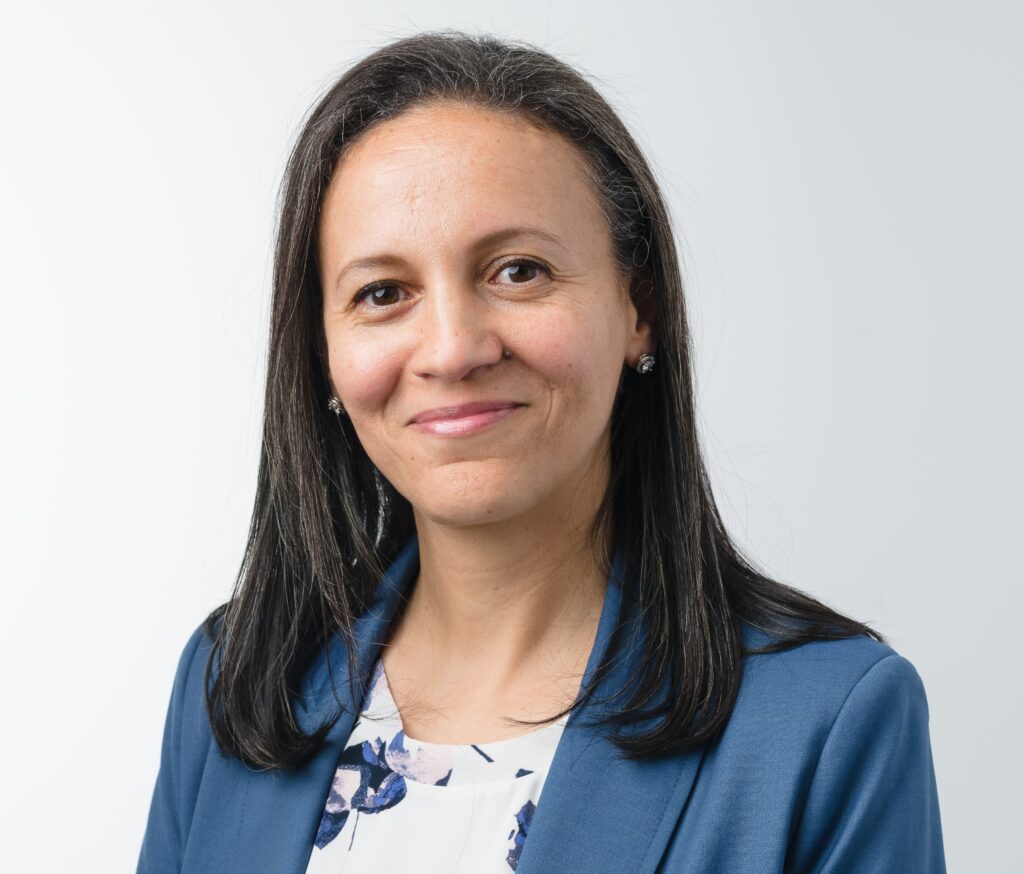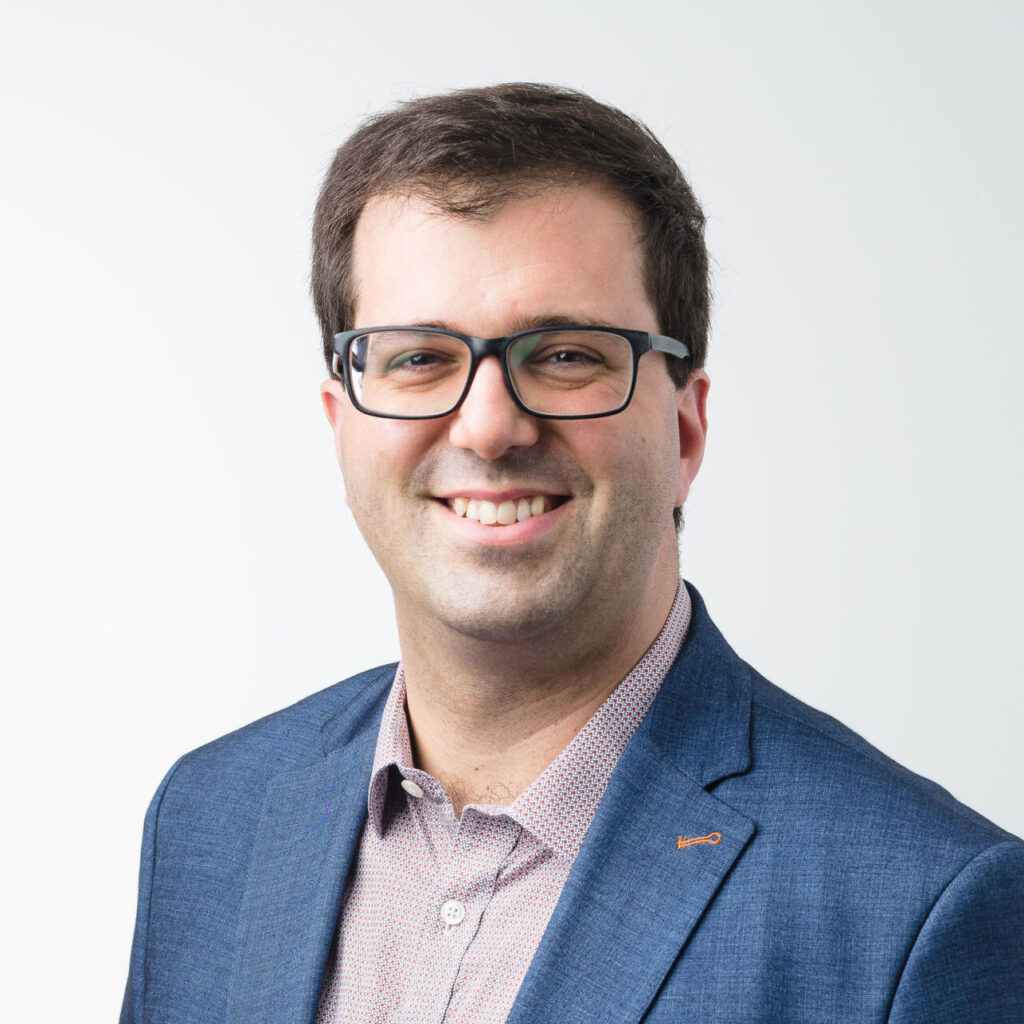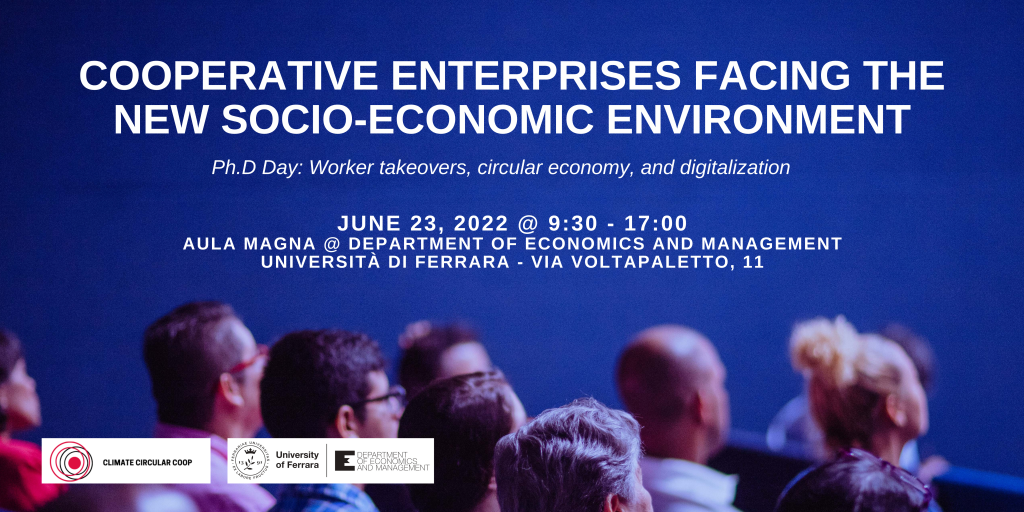MONTREAL – Developing and supporting present and future co-operatives is not an easy task that requires knowledge, training, practice, and mentorship. These are among the tasks of Coopérative de développement régional du Québec (CDRQ) regional directors Nada Elkouzi and Evan Murray.
In 2019, co-operatives contributed 49.2 billion (CAD$) to Canada’s gross domestic product (GDP) and provides 592,000 full-time jobs. Within the same year, 6,365 co-operatives were recorded and 45% were in the province of Quebec. As presented in the report by the Canadian Co-operatives and Mutuals, the largest numbers of co-op were consumer co-op (70%) and producer co-op (15%).
The CDRQ has been operating for over 40 years to offer support and services to co-operatives and Non-profit organizations of social economy, whether in the start-up or growth phase or when they require a recovery. In this interview, we explore the role of such an organization and its objectives.
“This field is getting more popular,” says Evan. “At the beginning, the list of co-operatives and entrepreneurs’ interest models was smaller. Now when we talk about values, the impact of a co-op on the local or an enterprise on a community more people are listening to those values.”
Nada and Evan’s roles are to promote the growth and support of collective projects to grow, but also advise and train co-operatives for a maximum of two years, “…our work includes training co-operatives and Non-profit organizations through tools, information, and expertise on the legal matters and how in practice such type of business works, such as how to plan a members’ meeting, the board roles and responsibilities, and similar.”
Working at CDRQ
“In my case, this was what we can call an accident,” begins to explain Nada. “I have trained in economics and management and only subsequently moved to focus on social economy. I attended a program called Campus Cooperative where they train entrepreneurs for this kind of business world, I substituted a person on maternity leave…and have never left!” Nada has been at CDRQ for over 20 years now.
“I appreciate the fundamental values that it shares and adds to the business world. I could not see myself carrying out another job. Entrepreneurs come to us with ideas to ‘change the world’ and it is contagious. Since we work with different sectors and activities, this is never a boring job.”
Evan adds, “I also took another path to get to the job I am carrying out now that I have been for 10 years. I focused on social work and governance, and got interested in co-operatives, during my experience as Organisation Communautaire assisting people within communities to find solutions to local concerns collectively. I realized the advantage of such a type of business. On one side you have people who together can ‘move mountains’ and on the other side you have the enterprise with the funds to carry out these activities and when you have them join forces: you have a co-op!”
Exploring the Cooperative Model
“We open the doors to promoters and entrepreneurs who have a business idea and collective projects,” explains Nada. “Our tasks include advising and providing them with information about co-operatives and the cooperative model. We recently opened our services to non-profit organizations in the social economy sector.”
As Evan explains, “Some come to us with only a few employees or members, but with extremely strong and interesting projects that require funding. It is our role to support these growing co-operatives to find this kind of support. But also, how to engage with the public and the same citizens and the local community they are creating a service for.”
As they both explain, it is not easy. “While this is possible in Quebec, we acknowledge that in other countries the government is not always supportive or there is not enough funding, or tools to tackle specific challenges.” This reason why it is fundamental that information about the collective models come from universities and from schools.
“An increasing number of younger people developing new businesses are interested in the cooperative model.”
As Evan explains, the cooperative model is about creating benefits and improvements inside and outside the co-operative. “Younger people are starting to desire a cooperative model because the values are not only about local social causes only but also to build a working environmental that is respectful and fair.”
Communication and knowledge: the main challenges
The main challenges as illustrated by Nada and Evan are getting the positive elements of the cooperative model understood and recognized. “The cooperative model is not always taught even at the University level; therefore, it is natural that some entrepreneurs may not have clear what the cooperative model fully entitles,” explains Nada. “It should be clear that co-operatives, such as any other type of enterprise, requires a solid and clear business plan. This is not always clear or understood, especially the financing planning.”
“A similar issue is observed when collaborating with lawyers and accountants supporting these co-operatives,” adds Evan. “Some of the following professionals are not specifically trained or experienced in the unique details of the co-operative model and we must work to support the co-operative to handle these kinds of barriers as well to identify the correct bylaws, articles, details, and other formalities to make a co-operative a successful one.”
Another challenge presented is the communication and marketing side. “Co-operatives are generally created to provide a clear local and social value. Therefore, most of the time the members and the board are humble and do not wish to invest time to tell the rest of the world, even digitally, what they do. It is quite crucial, and we work to tackle this issue that can instead bring great interest into this model. Additionally, while there might be a generational gap, things are positively starting to evolve.” Nada and Evan’s work illustrates that knowledge and training are required to comprehend and efficiently implement the cooperative model.
Nada Elkouzi works for the Coopérative de développement régional du Québec (CDRQ) as Regional Director for the Montreal-Laval office. As part of her duties at the CDRQ, she has been helping entrepreneurs for the past 21 years in the various phases of creation and development of their cooperative business, particularly in the field of management and governance. She holds a bachelor’s degree in economics and a master’s degree in management. She quickly became interested in the social economy sector and particularly in cooperative entrepreneurship whose values she shares.


Evan Murray works for the Coopérative de développement régional du Québec (CDRQ) as Regional Director for the Lanaudière et Abitibi-Témiscamingue office. He is truly passionate about cooperation and regional development. He holds a bachelor’s degree in social work and a master’s degree in business administration, specializing in cooperative management and governance. Mr. Murray and his team provide day-to-day support to several cooperatives in the start-up, and development stages, on financial, strategic, and managerial aspects as well as on governance and mobilization practices. He participates in several boards or committees related to cooperation and economic development in the regions.



